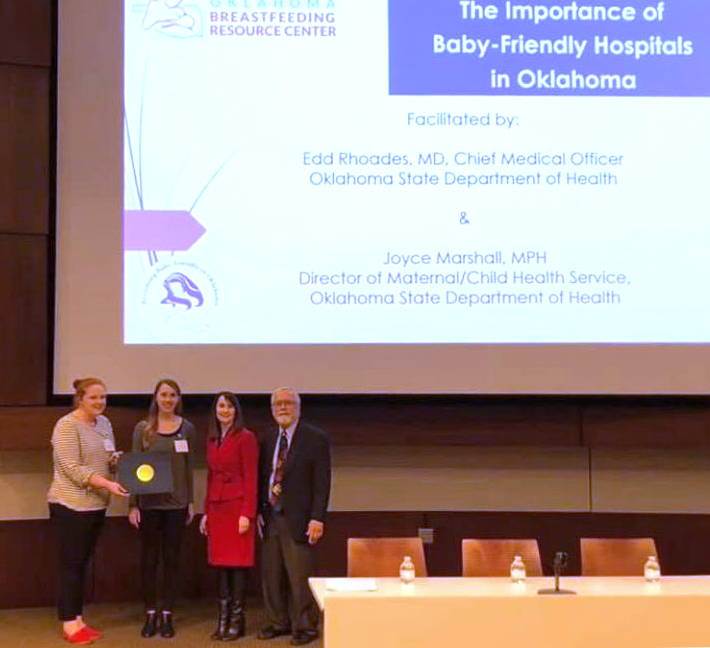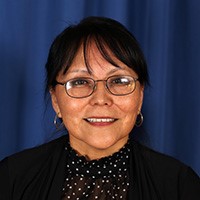
The Indian Health Service launched the Baby-Friendly Hospital Initiative in 2011. Four of the 10 IHS hospitals that have been designated as Baby-Friendly have recently achieved re-designation, indicating their ongoing commitment to promoting a healthy start for babies.
Baby-Friendly hospitals focus on increasing breastfeeding initiation and duration using quality improvement processes to improve breastfeeding rates through new maternity care and infant feeding practices. Exclusive breastfeeding protects against obesity and type II diabetes , conditions to which American Indians and Alaska Natives are particularly prone.
At the IHS we are proud to be a part of this global effort to provide better support for breastfeeding mothers in maternity wards. The initiative was introduced in 1991 by the World Health Organization and the United Nations Children’s Fund at a time when worldwide breastfeeding rates had fallen to alarmingly low levels, and commercial interests had seeped into maternity care practices. The Baby-Friendly Hospital Initiative was created to reverse that trend by changing some standard practices in the maternity ward, the setting which is most influential in a mother’s decision to initiate breastfeeding and helping her establish lactation and achieve ongoing breastfeeding success.
IHS Baby-Friendly hospitals encourage the broad-scale implementation of the Ten Steps to Successful Breastfeeding and the International Code of Marketing of Breast-milk Substitutes. These guidelines were developed by a team of global experts and consist of evidence-based practices that have been shown to increase breastfeeding initiation and duration. U.S. facilities that achieve these high standards of care are designated as “Baby-Friendly” by Baby-Friendly USA, the authority for the BFHI in this country.
Achieving Baby-Friendly designation is an important part of the journey, but it is not the endpoint. Routine data collection, monitoring of practices and quality improvement activities are vital to ensuring that the Baby-Friendly standards are maintained. Facilities are responsible for ongoing adherence to the most current Guidelines and Evaluation Criteria .
IHS facilities that are designated as Baby-Friendly are required to be surveyed and re-designated every five years. The process to become re-designated can take up to two years.
IHS congratulates the four facilities that have completed re-designation:
- Claremore Indian Hospital
- Phoenix Indian Medical Center
- Quentin N. Burdick Memorial Health Care Facility
- Zuni Comprehensive Community Health Center
The Baby-Friendly Hospital Initiative has become the standard for obstetrical care in the Indian Health Service. The Indian Health Service credits patient satisfaction, promotion of mother-baby bonding, successful breastfeeding, and outstanding patient care as key factors in these successful results.
Related content:
Promoting Health through Breastfeeding
IHS Breastfeeding Toolkit
IHS Breastfeeding Promotion and Support
United States Breastfeeding Committee



